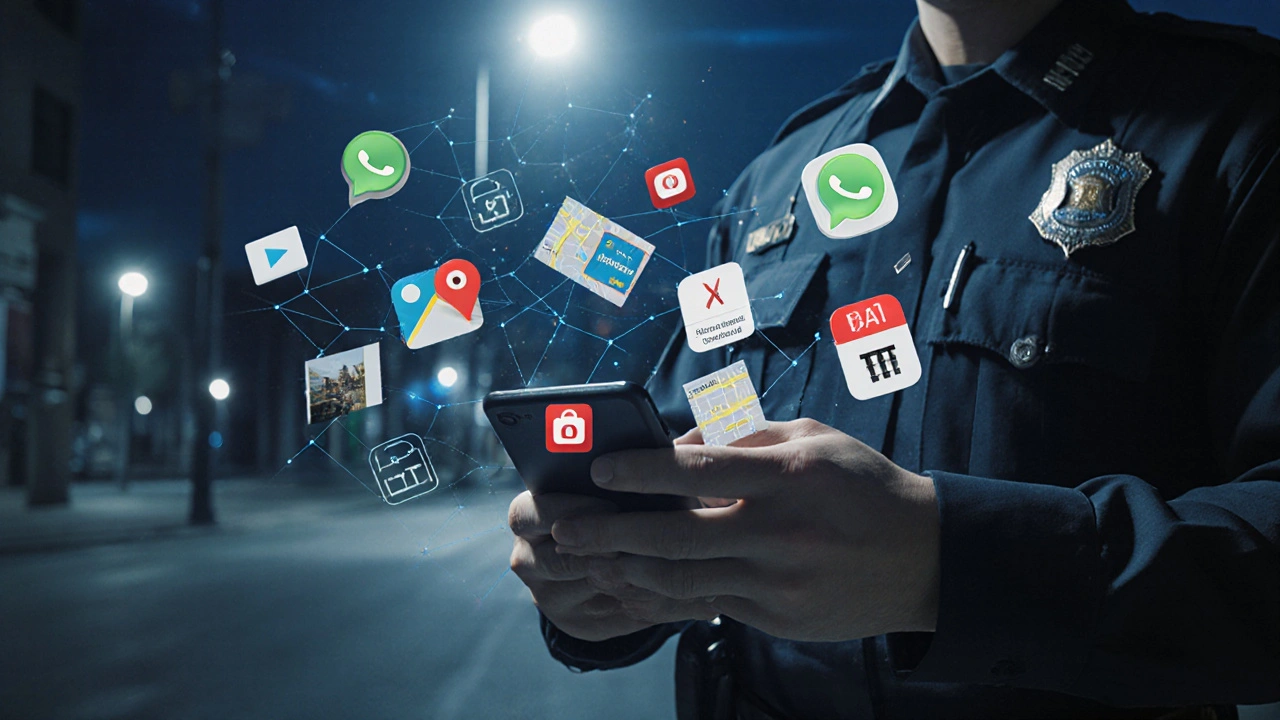Digital Privacy for Sex Workers and Travelers: Protect Your Data, Stay Safe
When we talk about digital privacy, the ability to control who sees your personal information online and how it’s used. Also known as online security, it’s not a luxury—it’s a survival tool for people who work in high-risk environments, from sex workers to tour escorts and medical transport providers. If your location, payment method, or client list gets leaked, it can cost you your job, your freedom, or worse. This isn’t theoretical. In 2025, law enforcement, scammers, and even abusive clients use digital footprints to track, target, and exploit people. The good news? You don’t need to be a tech expert to protect yourself.
Secure payments, methods that prevent fraud, chargebacks, and account freezes. Also known as encrypted transactions, they’re the first line of defense for anyone handling money digitally. Sex workers use tools like Cash App with burner accounts, or crypto wallets with one-time addresses to avoid bank freezes. Tour escorts use business payment processors that don’t flag "escort" as a risky category. Medical escorts use HIPAA-compliant platforms to bill insurance without exposing patient names. Each group has different needs, but the core rule is the same: never link your real identity to your work transactions.
Incident documentation, the practice of safely recording client details, timestamps, and interactions for legal or safety purposes. Also known as safety records, it’s how people protect themselves when things go wrong. Apps like SafetyPin let sex workers log a client’s phone number, vehicle plate, or message history without storing it on their main device. Tour escorts use encrypted notes to record hotel bookings and driver names in case of emergencies. Even if you’re not in a high-risk job, digital privacy means you control your data—no one else should have access to your location history, messages, or financial records without your say-so.
Digital privacy isn’t about hiding. It’s about choosing who gets to see what, and when. Whether you’re booking a medical escort for your aging parent, arranging a corporate retreat abroad, or meeting a client for the first time, your phone, browser, and payment apps are watching. The difference between staying safe and getting exposed comes down to small, consistent habits: using a VPN, turning off location services, avoiding personal info in emails, and never reusing passwords. These aren’t advanced tricks—they’re basic steps most people ignore until it’s too late.
Below, you’ll find real guides from people who’ve been there. How to document a violent client without getting caught. How tour escorts avoid being tracked by hotel Wi-Fi. Why sex workers in Dubai use encrypted messaging apps instead of WhatsApp. How medical escort services keep patient records private under GDPR. These aren’t theory pieces. They’re field-tested, no-fluff instructions from people who need this to survive—and they’re written for you, right now, in plain language.

- Oct, 31 2025
- 0 Comments
Data Seizure and Phones: How Police Access Digital Evidence in Sex Work Cases
Police can seize your phone in sex work investigations and extract years of private data-even without a warrant. Learn how digital evidence is used, what you can do to protect yourself, and why this affects everyone’s privacy.
read more